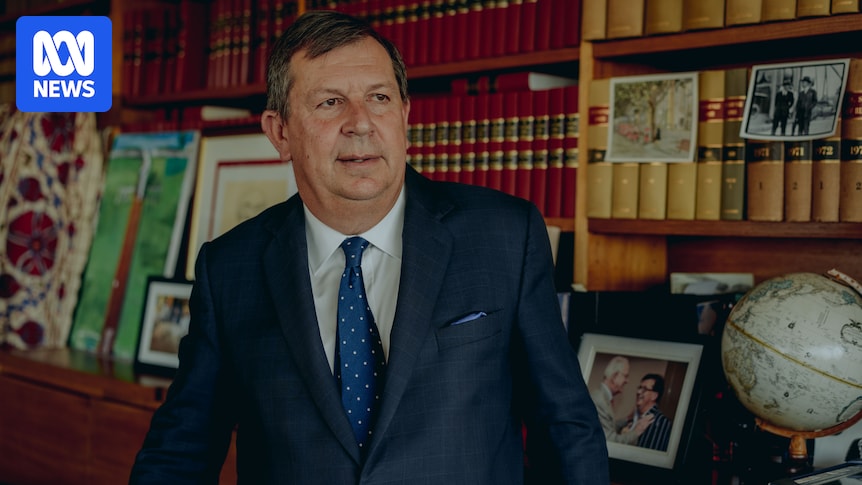Caution in the Courtroom: NSW Chief Justice’s Stance on AI Technology
As artificial intelligence (AI) rapidly evolves, so too does its potential influence over critical sectors, including the justice system. Chief Justice Andrew Bell of New South Wales (NSW) has issued a stern warning regarding the integration of AI into court proceedings, advocating for a cautious approach to utilizing this emergent technology within the legal framework.
A Guarded Approach to Generative AI
In a recent discussion with ABC, Chief Justice Bell articulated the need for vigilance. He has implemented partial bans on the use of generative AI by lawyers, unrepresented litigants, and judges, emphasizing a conservative stance within the Supreme Court of NSW. His belief is clear: "The task of judging in our society is a human one," he stated, asserting that reliance on machines could undermine the democratic foundation of justice.
Bell elaborated, "If that were to be abdicated to machines, a very important part of our democratic fabric would be lost." This sentiment points to a critical tension between the benefits of AI and the irreplaceable value of human judgment in legal matters.
Restrictions on AI Use in Legal Documentation
The Chief Justice’s practice note, issued in November, prohibits AI from generating key legal documents, including affidavits, witness statements, and character references. He further stressed that AI should not be used to embellish or modify a witness’s evidence. This cautious approach stands in stark contrast to the Supreme Court of Victoria, which only advises using AI with particular caution.
Bell also highlighted the troubling aspect of AI’s potential to create content that appears genuine but lacks authenticity. "We know AI can be used to produce what looks like a person’s evidence. But of course, if it’s not the person’s actual evidence, that undermines the whole process," he said.
Balancing Caution with AI’s Advantages
Despite these restrictions, lawyers and unrepresented litigants can still utilize AI for preparing written submissions. However, they are required to verify the accuracy and relevance of all cited materials, ensuring that AI serves as a supplementary tool rather than a crutch.
In the legal profession, perspectives vary. Sydney barrister Victor Kline acknowledges AI’s potential but emphasizes caution, stating, "When it hallucinates, it’s just as plausible. And that’s the great danger." He compares AI’s output to that of a law student, noting that reliance on AI without verification could lead to significant errors in legal practice.
The Call for Trust in the Judiciary
Chief Justice Bell has also directed judges to refrain from using AI to formulate reasons or to edit draft judgments. He stressed the importance of maintaining public trust in the judiciary, asserting, "Respect for the rule of law is a function of the legitimacy of the judiciary."
As AI technology continues to advance, so does the challenge of ensuring that judicial processes remain transparent and trustworthy. Just recently, a solicitor faced consequences for submitting materials that included fictional case references generated by an AI due to time constraints and health issues.
Embracing Change While Mitigating Risks
Jennifer Ball, President of the Law Society of NSW, welcomed the Chief Justice’s guidelines while recognizing diverse opinions within the legal field. She underscored the importance of finding a balance: "[Generative] AI brings both risks and advantages. It’s about striking that right balance to ensure the integrity of the justice system while also harnessing tools that may enhance legal practice."
After listening to feedback, Chief Justice Bell revised an earlier blanket ban on using sensitive data for AI training. The revised guidelines allow limited usage under strict conditions, ensuring the confidentiality of sensitive information.
A Future of Adaptive Guidelines
As we venture further into the age of AI, the implications for the justice system are profound. The Chief Justice expects to regularly review these guidelines in response to the evolving landscape of AI technology.
The balance between innovation and caution remains crucial as legal professionals navigate the complexities of integrating generative AI into their practices.
The AI Buzz Hub team is excited to see where these breakthroughs take us. Want to stay in the loop on all things AI? Subscribe to our newsletter or share this article with your fellow enthusiasts.




